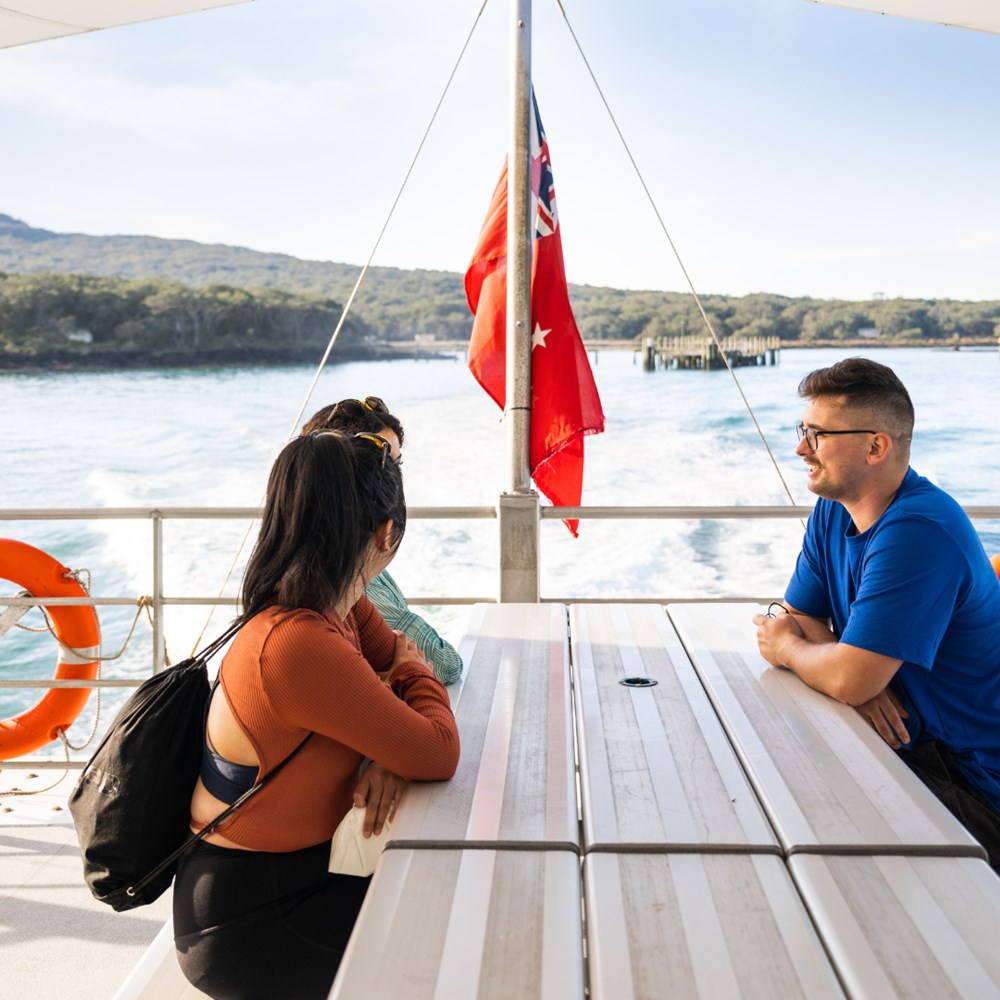Biosecurity checklist
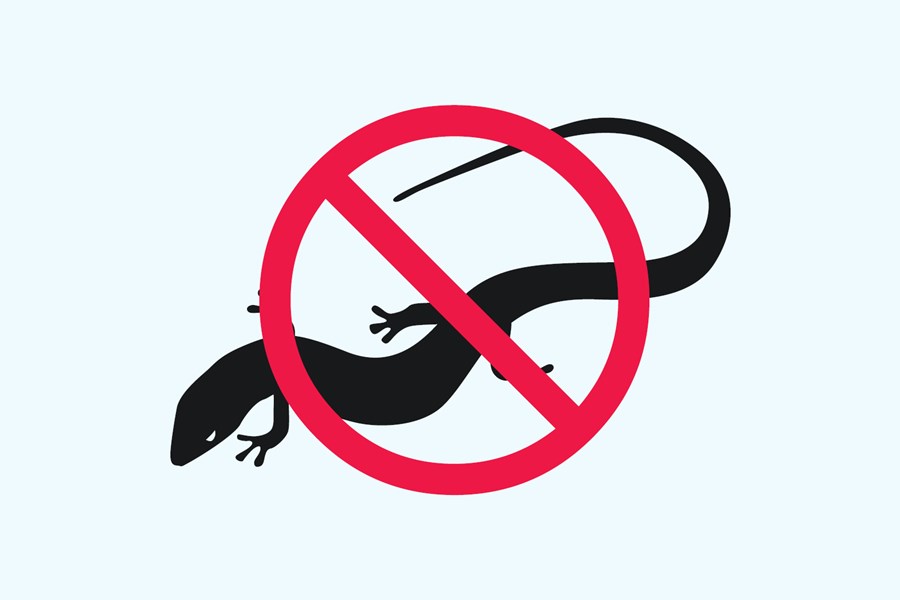
Plague skinks
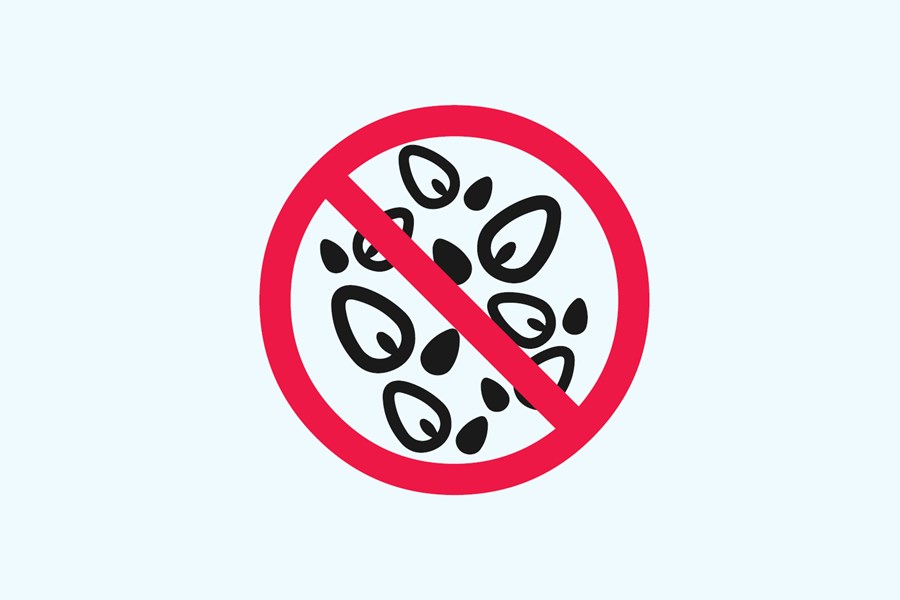
Soil and seeds
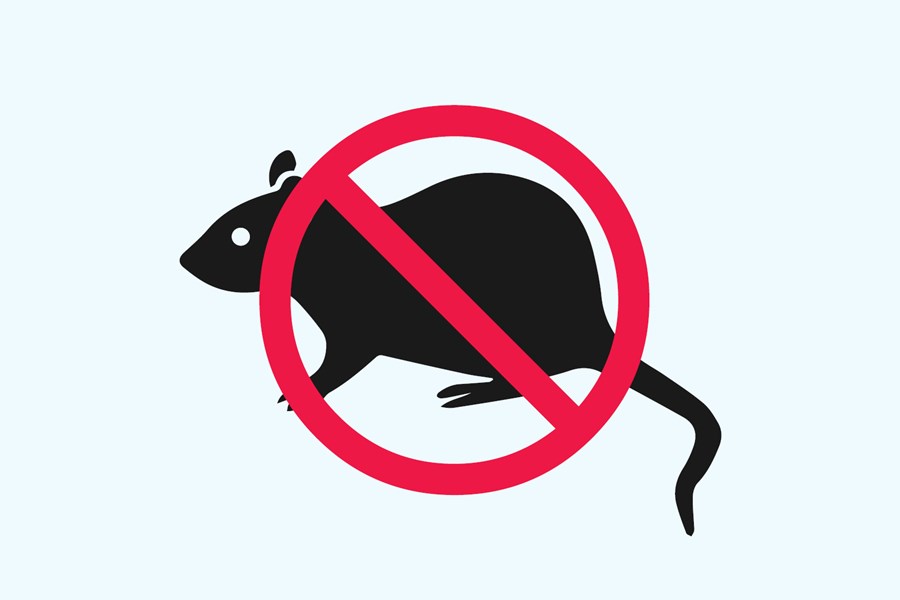
Rats and mice
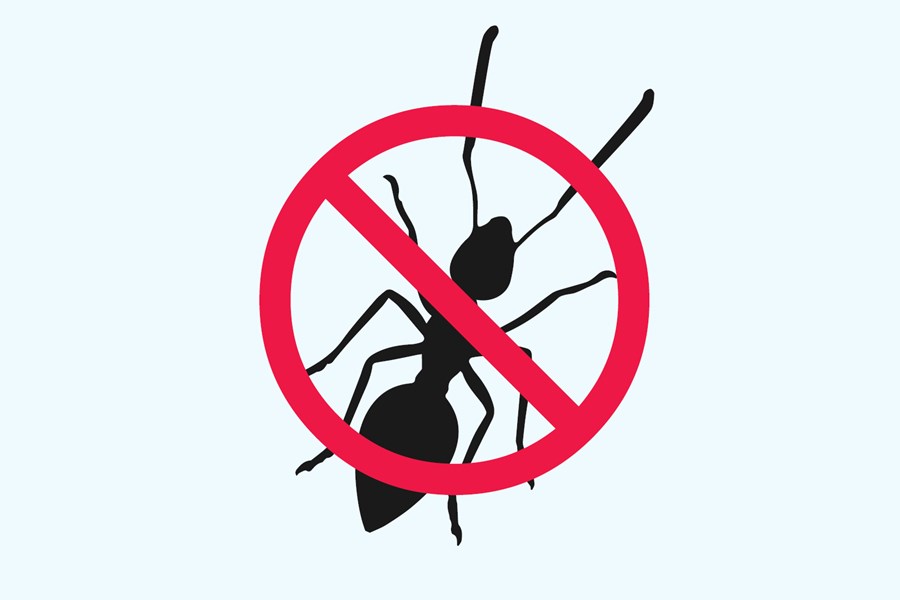
Argentine ants
Check your gear for pests
Check your gear is free of rats, mice, ants, plague skinks (formally rainbow skink), soil and seeds – especially camping gear, which has ideal places for pests to hide when stored.
Take extra care to ensure gear is pest free if you have Argentine ants or plague skink (formally rainbow skink) where you live.
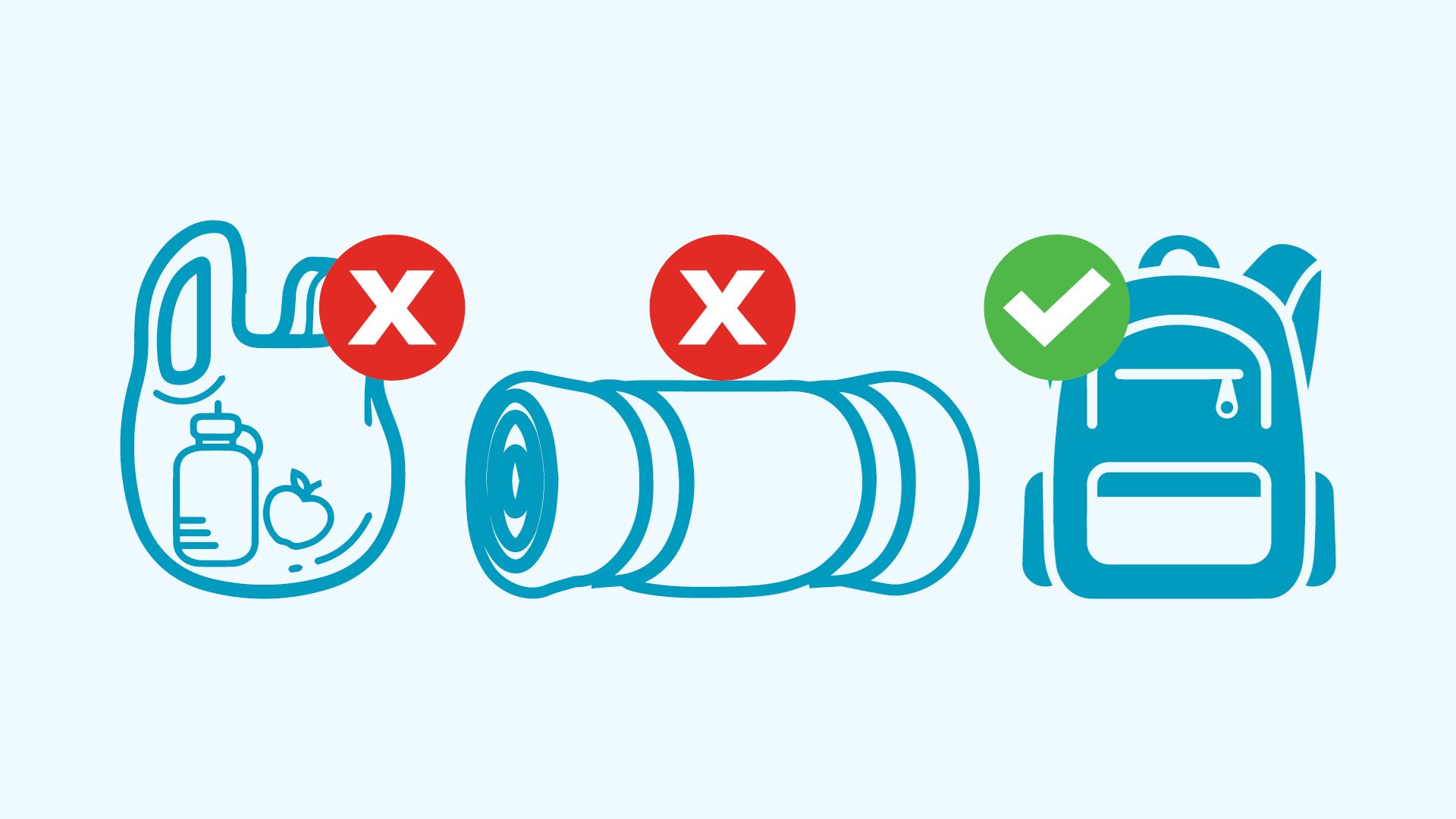
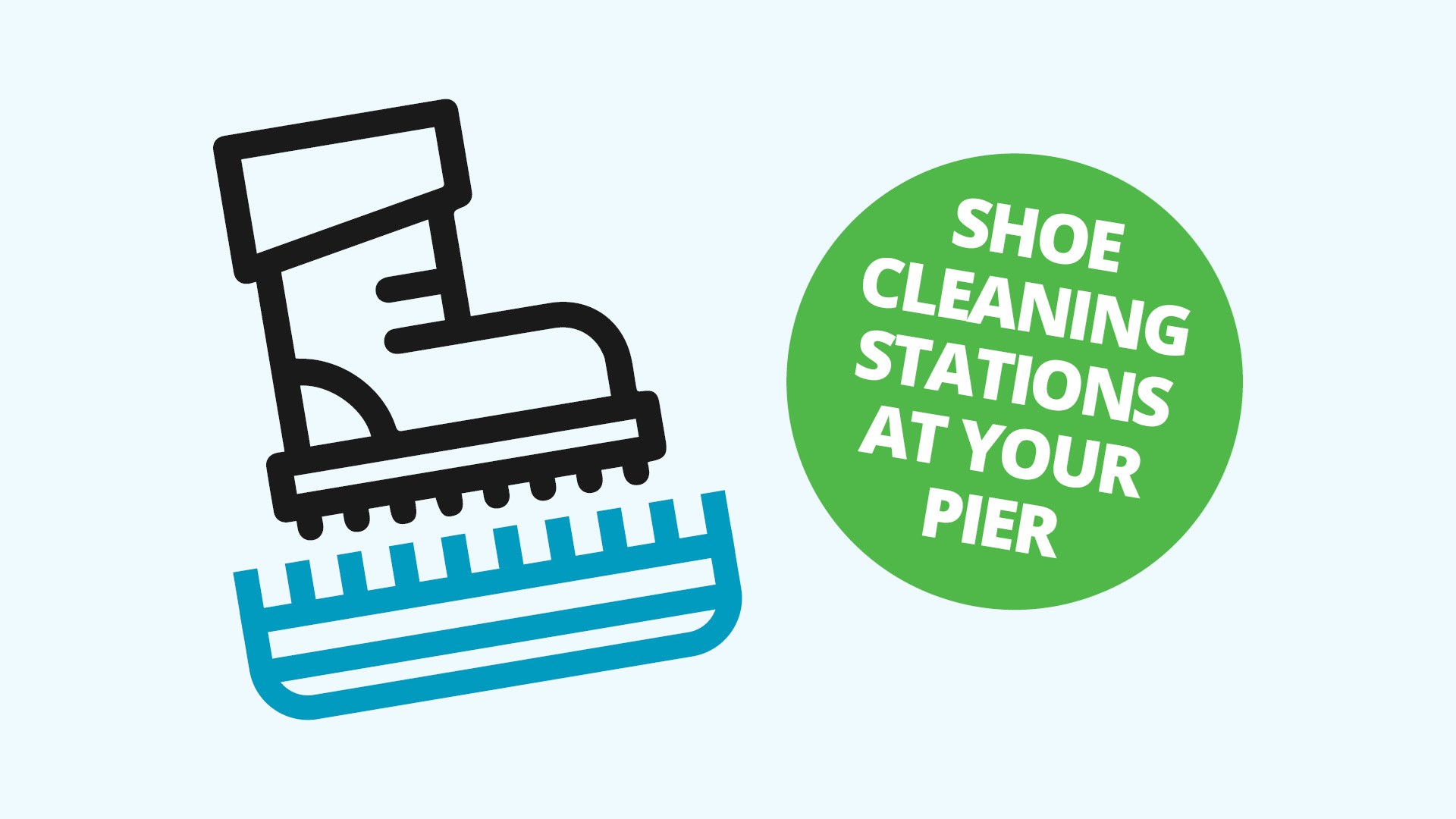
Seal your gear away properly and avoid stowaways
Pack food in sealed containers to avoid attracting rodents.
Your bags must be zipped closed (no open bags). Mice, ants, plague skinks (formally rainbow skink) can crawl in through the smallest hole. Be vigilant.
Take your rubbish with you
IMPORTANT: You must take all rubbish with you when you leave Rangitoto Island, Tiritiri Matangi Island and Rotoroa Island.
Clean your clothing, footwear and camping gear, removing soil and seeds before and after each trip.
Look out for cleaning stations at your departure pier, and use the brushes to scrub your shoes before boarding the ferry.
Why is this so important
Pests have successfully been eradicated from the Hauraki Gulf’s conservation islands making them sanctuaries for native birds and wildlife. But unfortunately, pests can (and do!) make it to the islands by stowing away on shoes or in gear if we’re not careful.
- Pests such as, rats, mice, Argentine ants, and plague skinks (formally rainbow skink) injure and kill our native wildlife and compete for their food.
- Invasive weeds can alter the habitat that wildlife needs to survive.
- Soil may contain plant diseases like kauri dieback which is killing our kauri forests.
- Rats can squeeze through a 12 mm gap, and mice can squeeze through a 7mm gap.
- Insects could hide in your bag, and weeds seeds and soil could cling to your clothing, prams, gear and shoes.
Pests threaten New Zealand wildlife. That is why there are strict bio-security measures in place for all visitors.
Found a pest?
On the mainland: get rid of the pest and clean your gear again.
On the ferry: tell the crew what you have found and where it is.
On the island: report sightings to the DOC conservation emergency hotline 0800 DOC HOT (0800 362 468).
Help stop kauri dieback
Kauri dieback disease is killing our native kauri. It spreads by soil movement, but you can help prevent it.
- Stay away from kauri tree roots.
- Clean your gear before and after visiting kauri forest.
